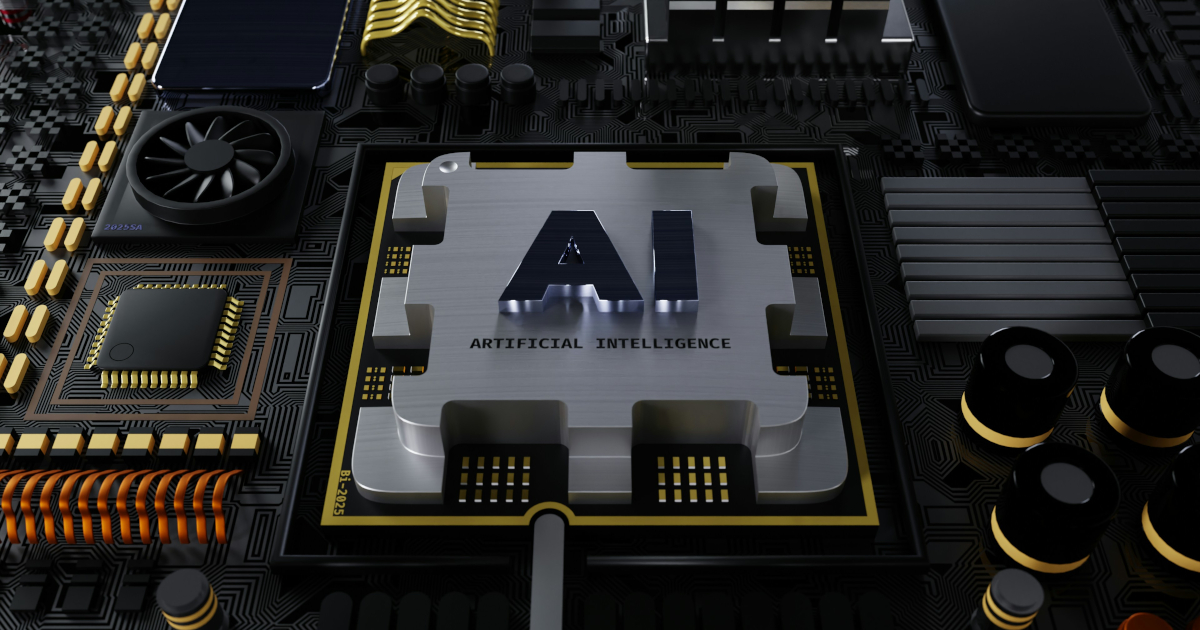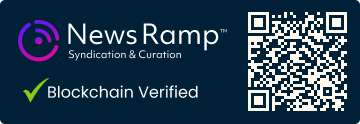FAQ: Quantum Computing for Urban Traffic Optimization Partnership

Summary
Ayalon Highways and Quantum Art are partnering to apply quantum computing to citywide traffic optimization, with the goal of reducing travel times through smart traffic light management and benchmarking quantum algorithms against classical tools.
What is this partnership about?
Ayalon Highways and Quantum Art are collaborating to apply quantum computing to citywide traffic optimization, specifically focusing on reducing travel time through smart, near real-time traffic light management.
Why is this partnership significant?
Urban congestion costs billions annually in lost time and productivity, and current traffic management tools struggle to coordinate hundreds of intersections at once across an entire city network in near real time.
Who are the organizations involved in this collaboration?
Ayalon Highways, Israel’s largest transportation and traffic management organization, is partnering with Quantum Art, a full-stack trapped-ion quantum computing company.
How does Quantum Art’s technology support this traffic optimization project?
Quantum Art’s architecture is highly connected, supports multi-qubit gates, and uses dynamically reconfigurable multi-core computing, making it well-suited for highly connected network-like optimization problems like citywide traffic coordination.
What are the main goals of this quantum computing traffic project?
Initial efforts focus on reducing average travel time, while longer term goals include lowering emissions, shortening pedestrian wait times, reducing stop frequency, and potentially expanding to heavy truck routing, bus scheduling, parking optimization and shuttle services.
How will the quantum computing approach be evaluated?
Quantum-accelerated algorithms will be benchmarked against the leading classical simulation and optimization tools currently in use to assess their performance and effectiveness.
Where is this project taking place?
The collaboration involves Ayalon Highways, which manages one of the busiest networks in Israel, though the technology could potentially apply to urban traffic networks worldwide.
What are the expected benefits if this quantum computing approach succeeds?
Benefits include reduced travel times for commuters, improved productivity for businesses, better environmental outcomes through lower emissions, and significant economic impact from upgrading traffic management capabilities.
Who can I contact for more information about Quantum Art’s technology?
For media inquiries, contact Kyle Porter, EVP-Managing Director at Virgo Public Relations, at [email protected] or 212.584.4289.
What makes quantum computing particularly suited for traffic optimization problems?
Quantum computing is built for complex combinatorial problems like coordinating hundreds of intersections simultaneously, which current classical tools struggle to solve at citywide scale in near real time.

This story is based on an article that was registered on the blockchain. The original source content used for this article is located at NewMediaWire
Article Control ID: 260712